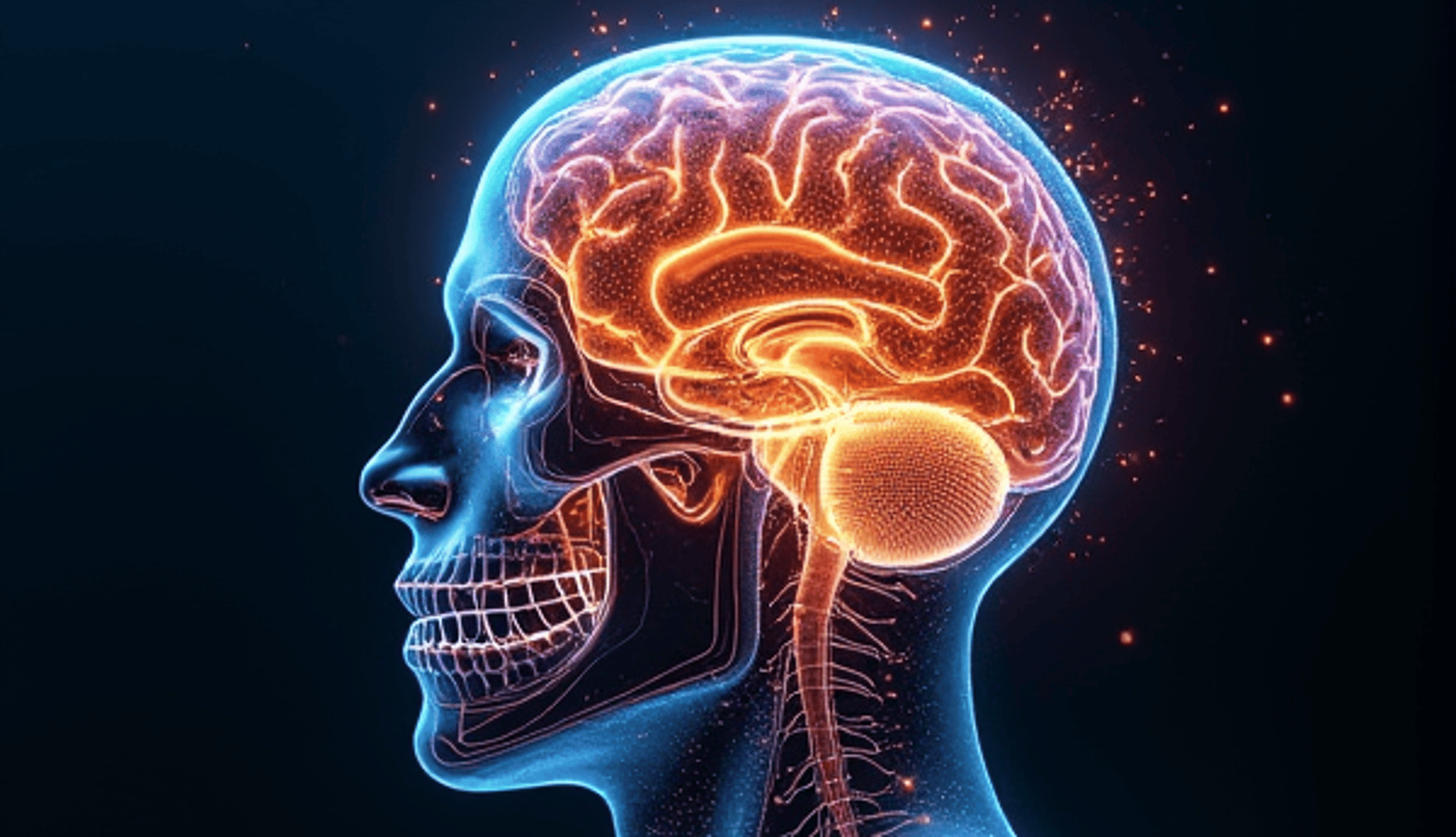
Navigating Life with Epilepsy: Understanding, Managing, and Supporting (Part-1)
SPECIALIZED CARE TECHNIQUES
Part 1: Unveiling the Mysteries of Epilepsy
Understanding epilepsy is crucial for caregivers to provide effective support for their loved ones. This comprehensive guide explores the basics of epilepsy, its impact across various age groups and health conditions, and the importance of awareness and support in managing this complex neurological disorder. By delving into the different types of seizures, common causes, and risk factors, we aim to equip caregivers with the knowledge needed to navigate the challenges of epilepsy. Join us as we embark on this journey to unravel the mysteries of epilepsy and build a supportive community for those affected.


Introduction
Have you ever watched someone suddenly stop mid-sentence, their muscles stiffen at an alarming rate? Or perhaps you've known someone who experiences subtle changes in consciousness, only to return as quickly and mysteriously as they left?
Epilepsy is a condition that can manifest in various ways, affecting millions of Americans. It's more than just seizures; it's a disorder that strikes at the very heart of our neurological functions. As caregivers, understanding epilepsy is not just informative — it's imperative for providing effective support and care.
Understanding Epilepsy:
Epilepsy is defined as a chronic neurological condition characterized by episodes of involuntary movement or unusual sensations prompted by abnormal electrical activity in the brain. These seizures can range from mild, where one might just stare blankly for a few moments, to severe, involving full-body convulsions and loss of consciousness. It's important to recognize that epilepsy affects more than just the individual; it touches every aspect of their life and those around them.
Types of Seizures:
We often hear about seizures but may not realize there are different types, each with its own set of signs and triggers:
Generalized seizures involve both hemispheres of the brain, leading to conditions like absence seizures or grand mal seizures. These can be particularly disturbing to witness as they often result in convulsions that shake the entire body, causing the person to fall to the ground and lose consciousness.
Focal seizures, on the other hand, originate from a specific area of the brain. They can manifest differently depending on whether one is aware during the episode (complex partial seizures) or not (simple partial seizures). Symptoms might include strange tastes or smells, déjà vu sensations, or sudden emotional changes.
Common Causes and Risk Factors:
Epilepsy can arise from a myriad of causes such as genetic alterations, head injuries, brain tumors, strokes, infectious diseases like meningitis, developmental disorders, metabolic issues, or even exposure to certain environmental factors. There are risk factors we cannot control—like genetics or the process of aging—but understanding them allows us to be more vigilant about early detection and management.
Higher Risk Groups for Epilepsy:
Certain groups have a higher propensity to develop epilepsy, including:
Children and Older Adults: Children due to developmental factors or congenital conditions, and older adults as their brains age.
Those with Family History: Genetics play a significant role in predisposing individuals to epilepsy.
Individuals with Brain Injuries or Infections: Traumatic brain injury or conditions like meningitis can lead to epilepsy.
People with Neurodegenerative and Genetic Disorders: Alzheimer's, Parkinson's, or tuberous sclerosis often accompany a diagnosis of epilepsy.
Individuals Post-Stroke or With Cardiovascular Conditions: These are common causes in adults over 35.
People with Metabolic Disorders: Conditions affecting blood sugar or metabolism can give rise to seizures.
Substance Abusers: The body and brain's response to withdrawal from alcohol, drugs, or other substances can trigger epilepsy.
Patients with Chronic Kidney or Liver Disease: These conditions can alter the processing of medications critical for managing epilepsy.
Individuals with Cerebral Palsy: This neurological condition frequently co-occurs with epilepsy due to its impact on brain development.
Those with Developmental and Intellectual Disabilities: The risk is higher, particularly in individuals diagnosed with conditions like autism spectrum disorders.
Moreover, prenatal and perinatal factors, malnutrition, and environmental exposures can also play a role in the development of epilepsy, highlighting the importance of multifaceted prevention strategies and early intervention measures.
Importance of Awareness and Support:
Education is power when it comes to understanding and coping with epilepsy. It fosters an environment where individuals feel supported rather than stigmatized. By raising awareness, we can improve the quality of care for those dealing with this condition and advocate for more research into better treatments and cures. Support isn't just about understanding epilepsy; it's about being there for someone who may experience a seizure—offering comfort, security, and knowing how to respond appropriately.
In summary:
Today we've explored the basics of what epilepsy is, its various forms, who's at higher risk, and why awareness and support are critical components in managing this condition. As caregivers, whether you're a family member or a professional, your knowledge plays a pivotal role in providing the best possible care for someone with epilepsy. Stay tuned as we delve deeper into recognizing seizure triggers, managing the condition, creating a safe environment, and what to do in case of a seizure, all of which are crucial elements in our journey alongside a loved one living with this complex neurological disorder.
In the subsequent posts in this series, we'll cover these topics and more to ensure you have all the information needed to navigate the challenges epilepsy presents. Remember, understanding is the first step towards support—for both your loved one and yourself as a caregiver.
With Day One of our blog post series complete, we've established a foundational understanding of what epilepsy entails and its multifaceted causes. The importance of awareness and support cannot be overstated; it is the cornerstone upon which effective care for those with this condition rests. Keep an eye out for our next installment where we will discuss identifying seizure triggers, a critical aspect of managing epilepsy.
Related Article
More for you



